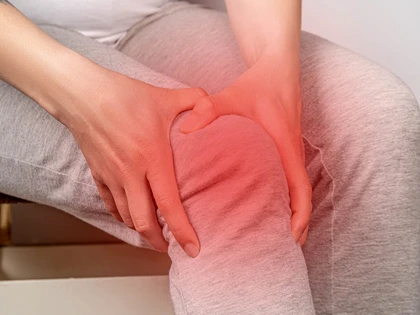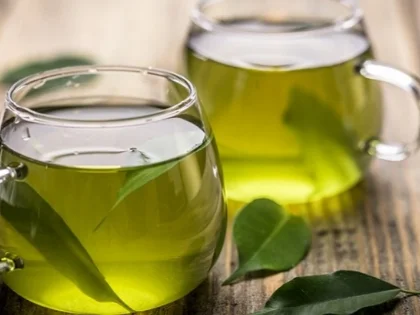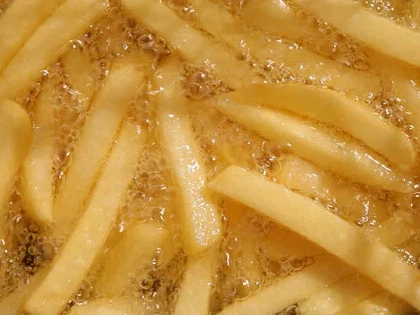The Health And Skin Benefits Of Green Tea
Green tea contains many polyphenols, such as EGCG, which have antibacterial, anti-inflammatory and antioxidant qualities. Additionally, it protects the skin from UVB light-induced damage by preventing DNA mutations that can cause skin cancer. "Catechins are the star ingredient in green tea," says Shieh. These substances are phenolic and have strong antioxidant qualities.
Antioxidants
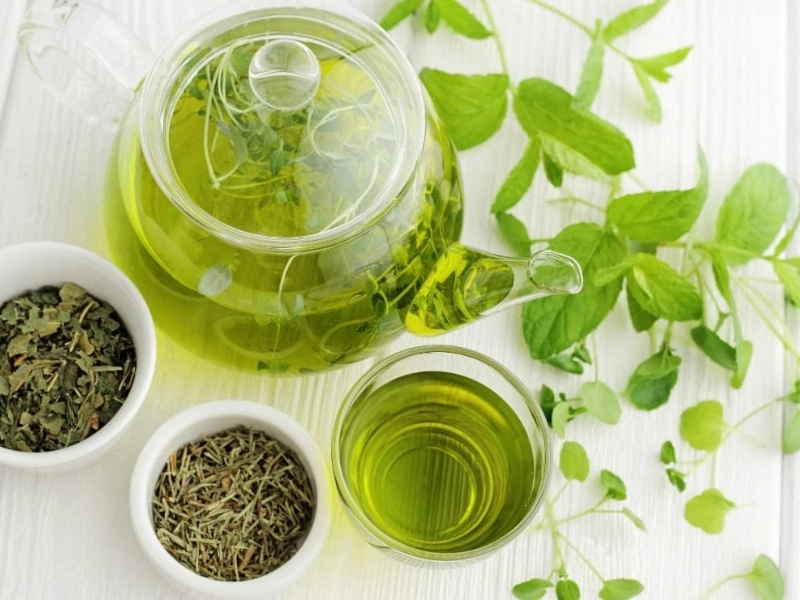
Anti-aging
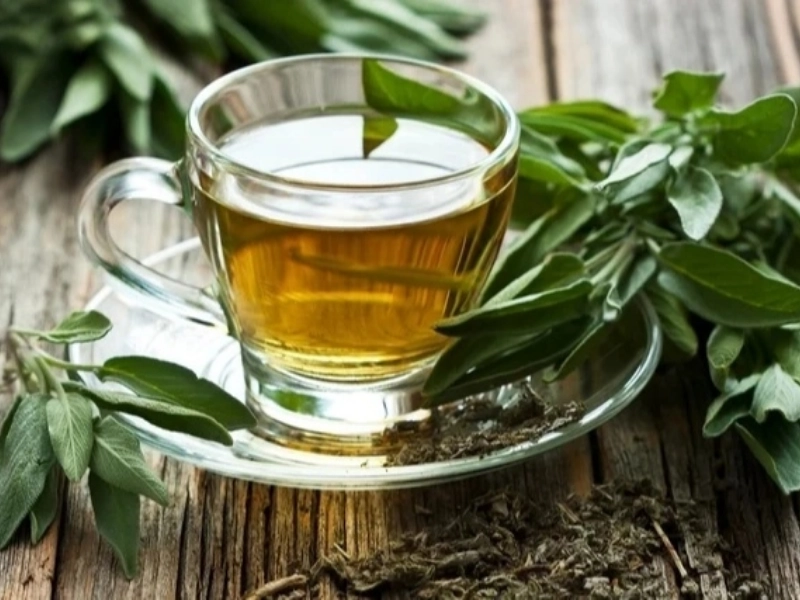 Epigallocatechin gallate (EGCG), an antioxidant polyphenol found in green tea, helps in the battle against free radicals, which are the source of wrinkles and fine lines. By blocking enzymes that break down lipids, it also promotes cell regeneration and keeps skin soft.
When used topically, EGCG can also lighten scars or brown spots and reduce the appearance of enlarged pores. Additionally, the tannins in green tea have the ability to constrict blood vessels, which helps reduce puffiness around the eyes.
Look for cleansers, serums, and moisturizers that contain green tea extract. Kim advises making sure the product is non-comedogenic and there are no potential risks by checking the ingredients list.
Epigallocatechin gallate (EGCG), an antioxidant polyphenol found in green tea, helps in the battle against free radicals, which are the source of wrinkles and fine lines. By blocking enzymes that break down lipids, it also promotes cell regeneration and keeps skin soft.
When used topically, EGCG can also lighten scars or brown spots and reduce the appearance of enlarged pores. Additionally, the tannins in green tea have the ability to constrict blood vessels, which helps reduce puffiness around the eyes.
Look for cleansers, serums, and moisturizers that contain green tea extract. Kim advises making sure the product is non-comedogenic and there are no potential risks by checking the ingredients list.
Anti wrinkle
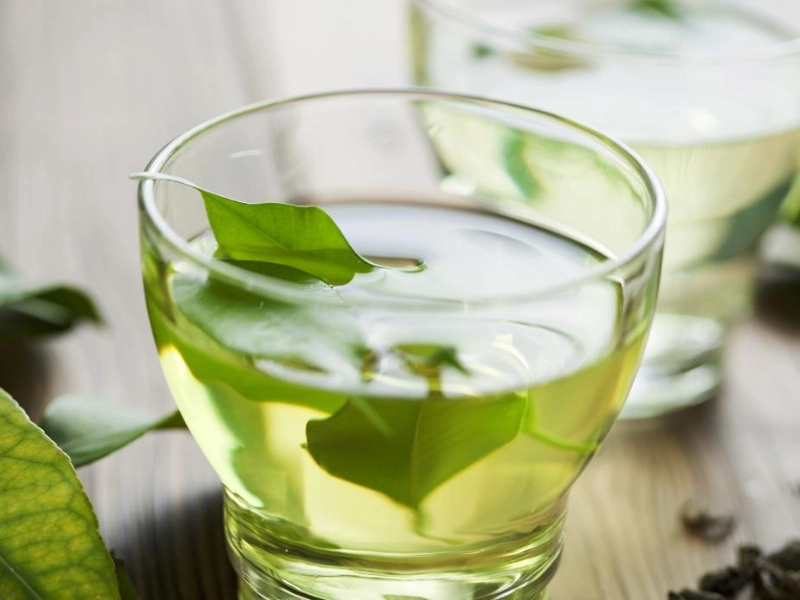 Green tea is a great way to boost moisture because it contains vitamins C and E, known to save skin. It also evens out skin tone and reduces redness due to its high content of riboflavin, a vitamin B2 known to improve skin.
The main catechin in green tea, epigallocatechin-3-gallate (EGCG), is one of the polyphenols that has been shown to have anti-aging effects by reducing UV-induced DNA damage. Because they block enzymes responsible for breaking down lipids in the skin, they also have anti-wrinkle and anti-melanogenic actions.
The tannins in green tea, which constrict blood vessels, can also help reduce puffiness around the eyes. Shieh advises looking for clean formulations of these substances in your skin care products if you want to enjoy their benefits.
Green tea is a great way to boost moisture because it contains vitamins C and E, known to save skin. It also evens out skin tone and reduces redness due to its high content of riboflavin, a vitamin B2 known to improve skin.
The main catechin in green tea, epigallocatechin-3-gallate (EGCG), is one of the polyphenols that has been shown to have anti-aging effects by reducing UV-induced DNA damage. Because they block enzymes responsible for breaking down lipids in the skin, they also have anti-wrinkle and anti-melanogenic actions.
The tannins in green tea, which constrict blood vessels, can also help reduce puffiness around the eyes. Shieh advises looking for clean formulations of these substances in your skin care products if you want to enjoy their benefits.
Anti-inflammatory
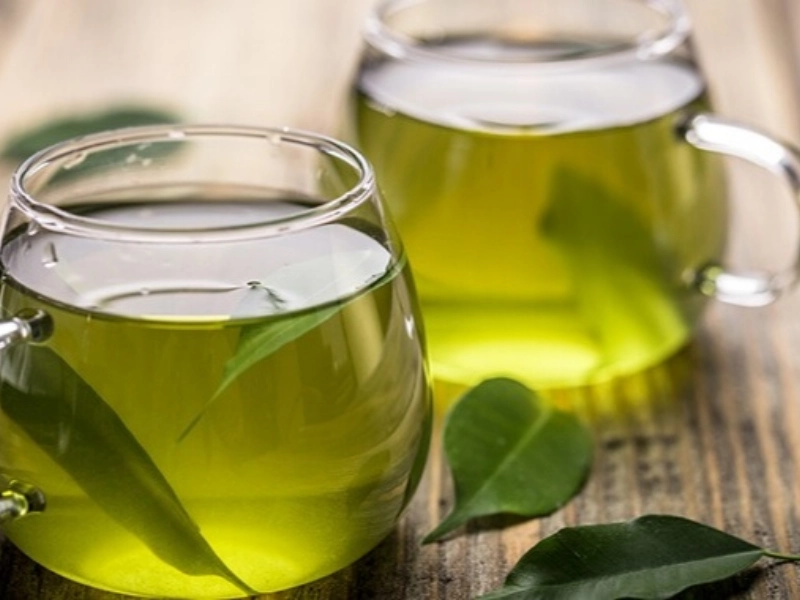 The anti-inflammatory polyphenols included in green tea help in the battle against oxidative stress. Consequently, the aging process slows down and wrinkles and fine lines become less prominent.
The EGCG in green tea helps regulate excessive skin oil production. Additionally, it reduces the size of pimples by absorbing excess oil from closed pores. Its soothing and antimicrobial qualities reduce puffiness and dark circles under the eyes.
Unless you have a sensitivity to the plant, applying green tea topically is gentle enough to use on all skin types, as opposed to ingesting it. Green tea extract can help with aging skin and skin conditions, such as rosacea, psoriasis, and acne, when added to your regular skin care routine.
The anti-inflammatory polyphenols included in green tea help in the battle against oxidative stress. Consequently, the aging process slows down and wrinkles and fine lines become less prominent.
The EGCG in green tea helps regulate excessive skin oil production. Additionally, it reduces the size of pimples by absorbing excess oil from closed pores. Its soothing and antimicrobial qualities reduce puffiness and dark circles under the eyes.
Unless you have a sensitivity to the plant, applying green tea topically is gentle enough to use on all skin types, as opposed to ingesting it. Green tea extract can help with aging skin and skin conditions, such as rosacea, psoriasis, and acne, when added to your regular skin care routine.
Antibacterial
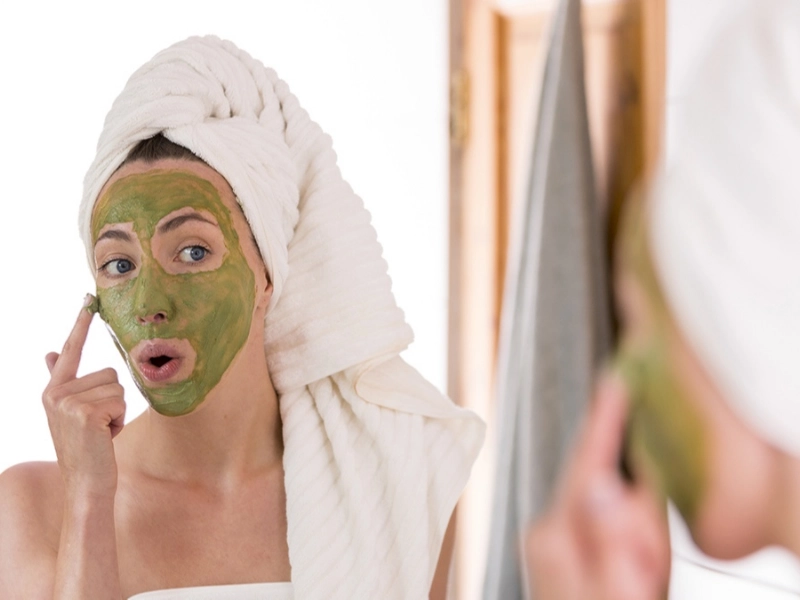 An all-natural astringent that shrinks pores and reduces breakouts is green tea. Additionally, it has a calming component called caffeine that helps minimize puffiness by constricting the blood vessels around the eyes.
Green tea's anti-cancer ingredient, EGCG, can stimulate DNA repair in cells, reducing the appearance of fine lines and wrinkles and preventing UV damage.
According to studies, topical use of green tea helps reduce redness, brown spots and other signs of aging, while protecting the skin from ultraviolet rays. To reap the benefits of green tea for your complexion, mix a few drops with your favorite face mask or skin care product.
An all-natural astringent that shrinks pores and reduces breakouts is green tea. Additionally, it has a calming component called caffeine that helps minimize puffiness by constricting the blood vessels around the eyes.
Green tea's anti-cancer ingredient, EGCG, can stimulate DNA repair in cells, reducing the appearance of fine lines and wrinkles and preventing UV damage.
According to studies, topical use of green tea helps reduce redness, brown spots and other signs of aging, while protecting the skin from ultraviolet rays. To reap the benefits of green tea for your complexion, mix a few drops with your favorite face mask or skin care product.
Antiseborrheic
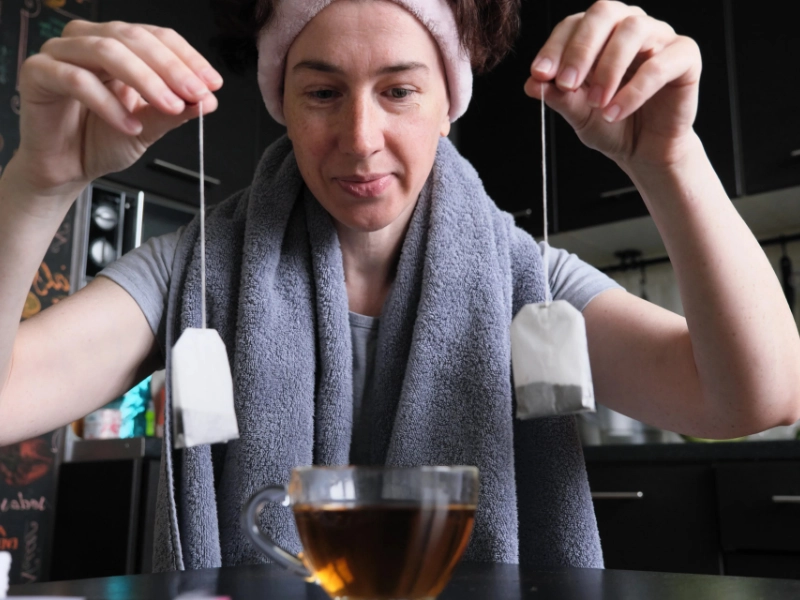 Green tea improves both moisture and shine, the two pillars of healthy skin. "It's packed with skin-saving ingredients like vitamin E and hydrating power," he says.
Due to its antimicrobial qualities, it helps reduce the inflammation that causes pimples to appear. In addition to attacking Propionibacterium acnes, the bacteria that causes acne, the EGCG in green tea also inhibits excessive sebum production, which can cause dandruff.
In addition to acting as a natural astringent, the tannins in green tea reduce puffiness and minimize pores. However, if you are taking any medications, such as phenylpropanolamine, blood thinners, certain birth control pills, or quinolone antibiotics, be careful when taking a green tea supplement.
Green tea improves both moisture and shine, the two pillars of healthy skin. "It's packed with skin-saving ingredients like vitamin E and hydrating power," he says.
Due to its antimicrobial qualities, it helps reduce the inflammation that causes pimples to appear. In addition to attacking Propionibacterium acnes, the bacteria that causes acne, the EGCG in green tea also inhibits excessive sebum production, which can cause dandruff.
In addition to acting as a natural astringent, the tannins in green tea reduce puffiness and minimize pores. However, if you are taking any medications, such as phenylpropanolamine, blood thinners, certain birth control pills, or quinolone antibiotics, be careful when taking a green tea supplement.
Antimicrobial
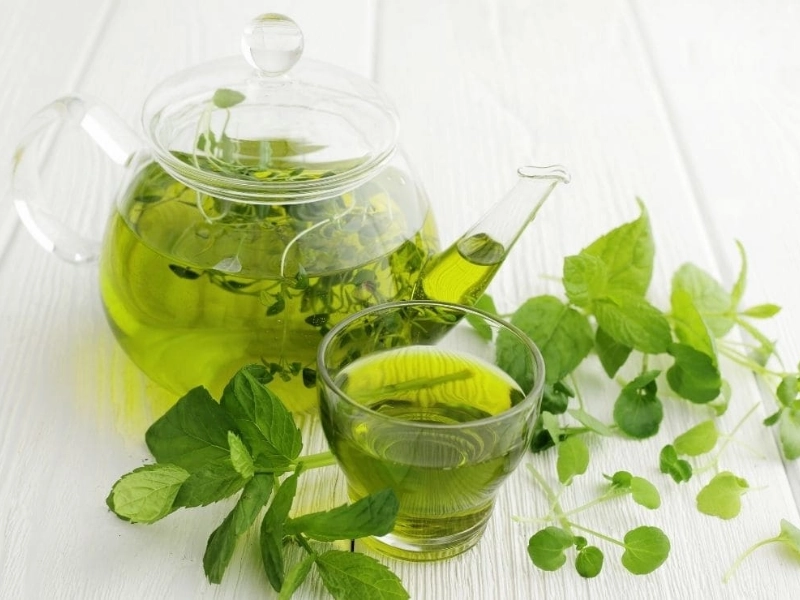 The polyphenols found in green tea, especially EGCG (epigallocatechin-3-gallate), have antibacterial, anti-inflammatory and antioxidant qualities. These powerful substances reduce sebum production when administered topically, reducing the chance of developing acne and dandruff.
Research has shown that EGCG can scavenge free radicals, which protect cells from DNA damage and are linked to oxidative stress and aging. It is also believed to offer UV protection, although more studies are needed to confirm this.
Cleansers, serums, and moisturizers (if you're willing to spend money on a high-end product) contain green tea. However, keep in mind that it could interfere with some medications, so consult a doctor before incorporating green tea into your daily regimen.
The polyphenols found in green tea, especially EGCG (epigallocatechin-3-gallate), have antibacterial, anti-inflammatory and antioxidant qualities. These powerful substances reduce sebum production when administered topically, reducing the chance of developing acne and dandruff.
Research has shown that EGCG can scavenge free radicals, which protect cells from DNA damage and are linked to oxidative stress and aging. It is also believed to offer UV protection, although more studies are needed to confirm this.
Cleansers, serums, and moisturizers (if you're willing to spend money on a high-end product) contain green tea. However, keep in mind that it could interfere with some medications, so consult a doctor before incorporating green tea into your daily regimen.



